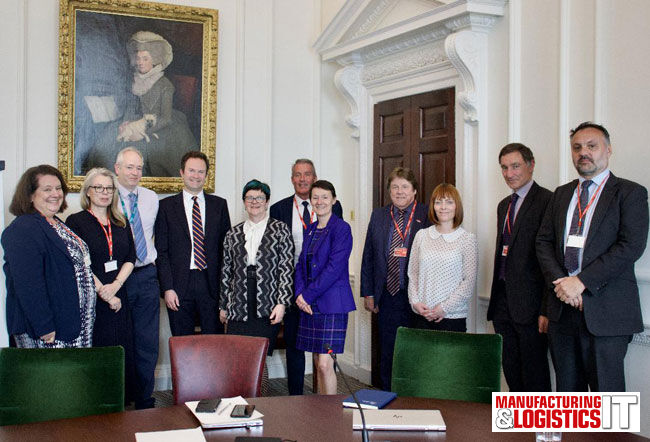Logistics UK highlighted its members’ concerns on the draft Border Target Operating Model in a recent roundtable meeting in government, hosted by Baroness Neville-Rolfe, Minister of State at the Cabinet Office.
The meeting follows a letter Logistics UK’s CEO, David Wells, had sent to the Minister regarding the planned new controls on imports from the EU and Rest of the World, set to be introduced from October 2023.
Speaking after the meeting, which included other representatives from the logistics sector, Nichola Mallon, Logistics UK’s Head of Trade and Devolved Policy, commented:
“Logistics UK and its members support the UK’s 2025 Border Strategy but remain concerned that there is still much to be done. During the meeting with the Minister, we highlighted the urgent need for government to provide greater detail to allow businesses to prepare for these new import control changes, given the very challenging tight timescales and the fact these will be implemented alongside a raft of changes to customs, border and trading processes – such as the Windsor Framework.
“We raised the specific challenges faced by groupage operators and in both the meeting, and Logistics UK’s formal feedback response to government, emphasised concerns about the potential inflationary impact of new processes and charging proposals at a time when consumers are already faced with exceptionally high food inflation. Government must provide transparency on the additional costs to business from these new processes, and ensure they are kept to a minimum.
“In both the meeting and our formal response, we pressed the need for clear and meaningful engagement structures so the logistics industry can be involved in shaping the implementation stages of this new border model, to help government to identify operational difficulties and solutions swiftly.
“It is our members who keep the UK trading and, while it is encouraging that government is listening to our concerns and is looking to address them in the final Border Target Operating Model, we will be monitoring the situation closely to ensure plans are acted upon. The government’s commitment to working with us throughout the implementation stage will be vital to the success of the plan.”



